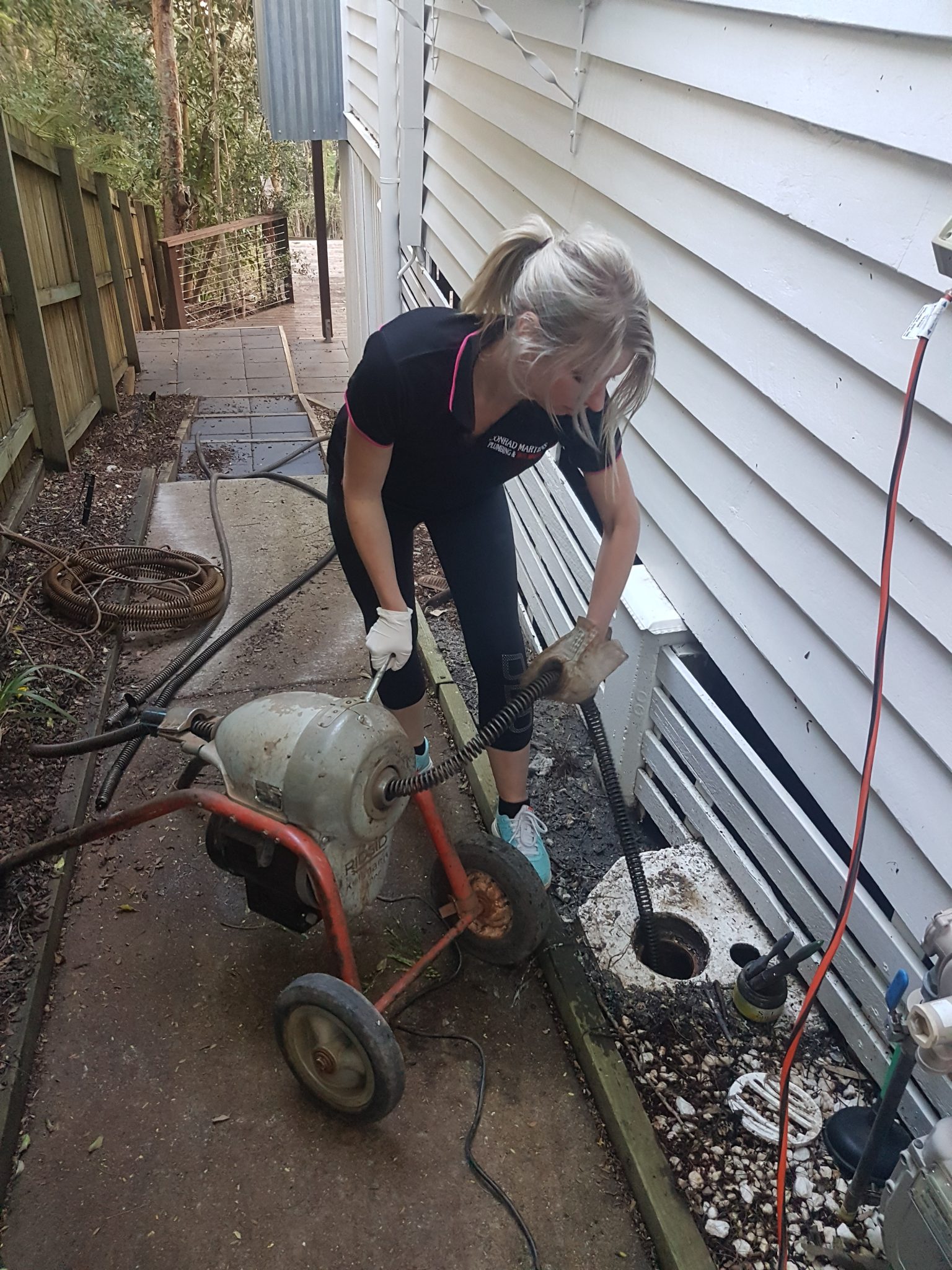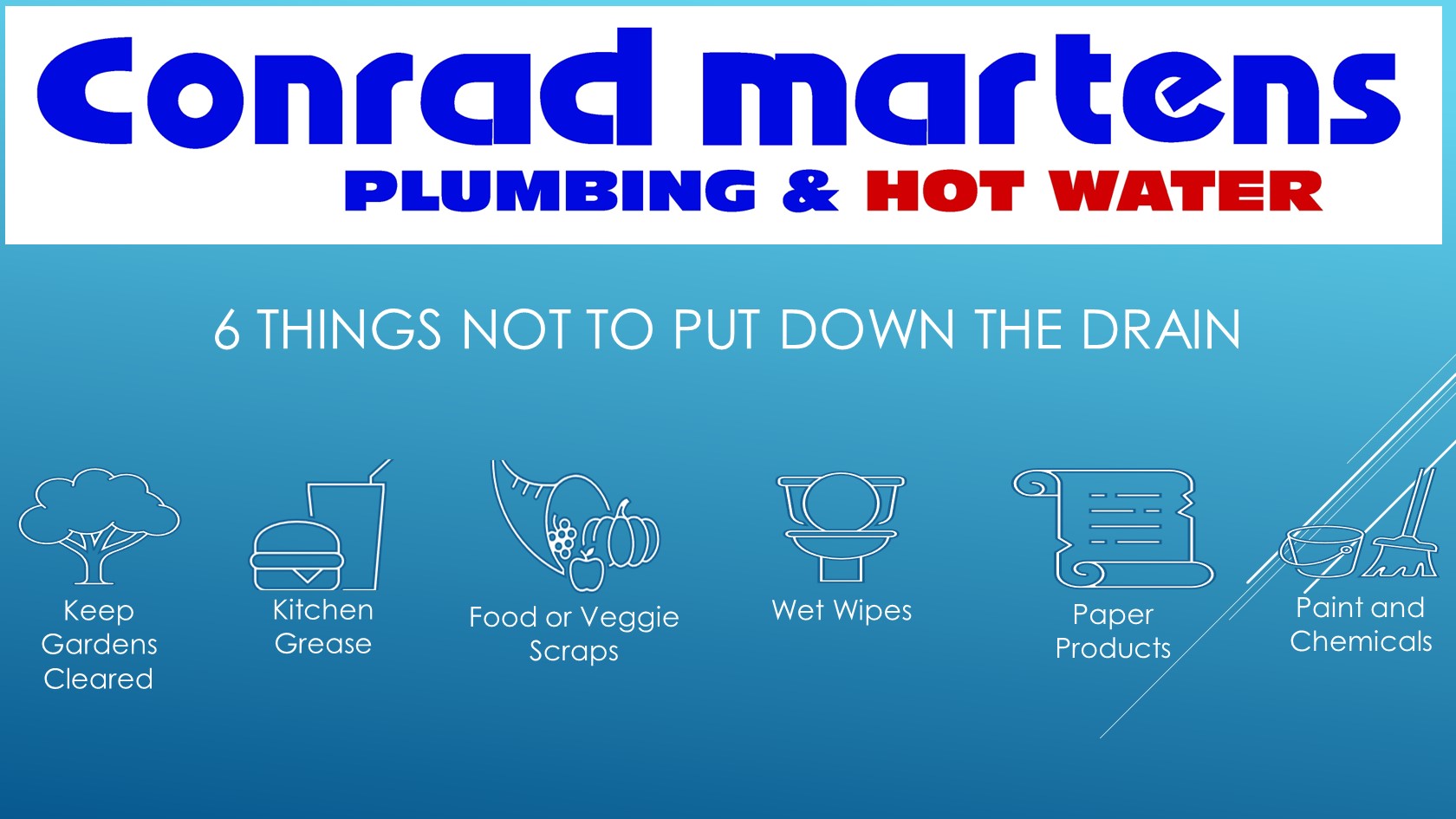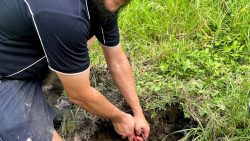
Blocked Drains
The Importance of timely response
Blocked drains are a common nuisance that many homeowners face. It is a common experience for either slow-draining or completely blocked drains to disrupt daily routines and cause frustration. However, beyond the inconvenience, blocked drains pose a significant risk to your home’s plumbing system and infrastructure.
In this blog post, we’ll delve into the world of blocked drains, exploring just how prevalent they are and why timely intervention is crucial to prevent potential damage.

The Common Causes of Blocked Drains
There are many common causes of blocked drains in and around the home. These causes range from everyday activities to external factors beyond our control. Some of the most common we see for our clients in Brisbane include:
- Kitchen sinks being blocked up with grease, oils and other food scraps and kitchen waste.
- Bathroom sinks and drains are commonly blocked by the accumulation of hair, soap, toothpaste and similar hygiene products.
- External pipework can be blocked by tree roots, or leaves and vegetation debris.
Identifying and addressing these common causes early on can help prevent the inconvenience and potential damage associated with blocked drains.
Initial Signs Your Drain May Be Blocked
A completely blocked drain will be obvious as the water fills up and does not drain away but how do you identify a partially blocked drain?
- In the bathroom, slow drainage or water pooling around the shower, sink, or bathtub could indicate a blockage caused by hair, soap scum, or hygiene products.
- Unusual sounds or gurgling noises while kitchen, laundry or bathroom sinks indicate a potential partial blockage which can get significantly worse if not attended to.
- Foul or unpleasant odours emanating from kitchen drains indicate foreign objects are stuck in the pipework.
Regularly monitoring and addressing these warning signs can prevent minor blockages from escalating into costly plumbing emergencies.
DIY Methods to Clear a Blocked Drain
Do It Yourself (DIY) methods of drain clearing are commonly discussed online however, these DIY methods have many potential dangers associated when performed without training.
Chemical drain cleaners can corrode plumbing fixtures, be environmentally damaging and the resulting chemical reactions can be dangerous if you make contact with them. Using tools or excessive to dislodge clogs may damage pipes and lead to costly repairs.
DIY attempts may fail to address the root cause of the blockage, resulting in recurring issues and further complications down the line. In some cases, DIY efforts may even exacerbate the problem, leading to wastewater backups, leaks, or contamination.
For your safety, and the safety of your plumbing system, it’s advisable to seek professional assistance from licensed plumbers who possess the skills, tools, and experience to effectively diagnose and resolve drain blockages.
If you have attempted any DIY drain-clearing methods, please advise your tradesperson as they may need to consider this when determining the best course of action to clear the blockage.
Did you know? We attend to 99% of jobs the same day!
Please call, and we will be able to assist you today.
Our team will give you real, honest advice and a great price. All our work is 100% guaranteed.
How a Professional Clears a Drain?
Professional plumbers employ a range of specialized tools and techniques to effectively detect, locate and clear drain blockages to restore proper water flow. These may include electric drain-clearing machines, drain cameras and jet rodders. These tools are both expensive and need an experienced operator to be effective.
By combining expertise with state-of-the-art equipment, experienced and professional plumbers can examine the plumbing system to determine if any underlying issues may be the original cause of the blockage. These external issues commonly include broken pipes which allow tree vegetation into the system, insufficient fall over the line or a sag in the drain. If any of these issues are present, the blockage is likely to reoccur. Once a plumber has identified it issues, they can provide options to fix the fault and provide long term solutions.
Preventing Future Blockages
The most important way to reduce the risk of blocked drains in your home is to ensure foreign objects are not put down the drain or flushed down the toilet. The below graphic shows the household items we find to be the most common causes of blocked drains.

The most common cause of blockages to external and garden drains is garden waste and plant material. To keep these drains flowing clearly, it is important to keep gardens and guttering cleared.
Conclusion
Maintaining clear and functional drains is vital for the smooth operation of any household plumbing system. By keeping foreign objects out of the draining system, you can significantly reduce the risk of blockages and costly repairs. A proactive approach to drain care not only preserves the integrity of your plumbing but also ensures a hassle-free experience for you and your family. So, take the necessary steps to keep your drains flowing freely, and enjoy peace of mind knowing that your home’s plumbing is in top condition. Remember that if you do get a blocked drain, attempting DIY repairs can be dangerous and result in further damage.
Yours in keeping the good life flowing!
The Conrad Martens Team
For the best price, service and advice!




